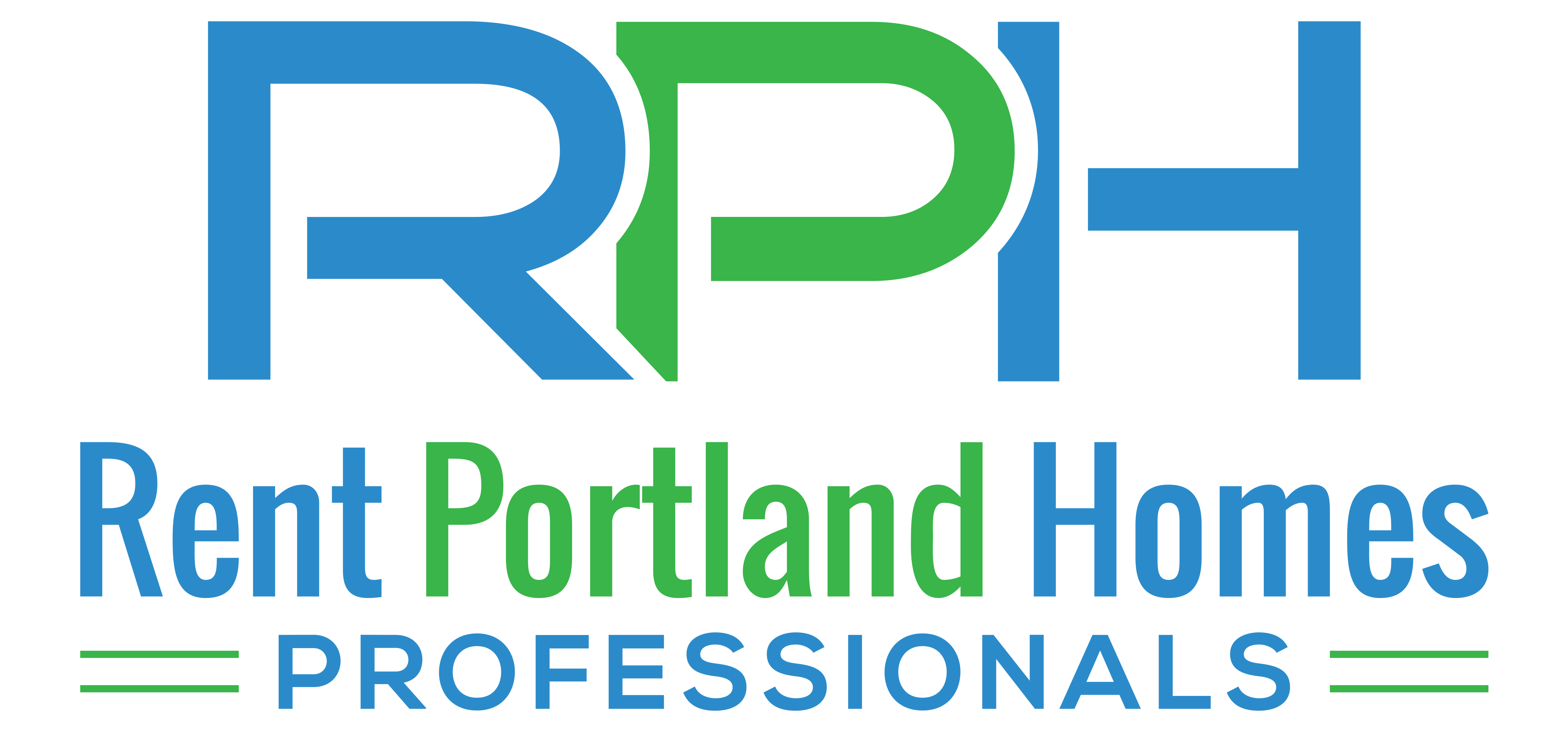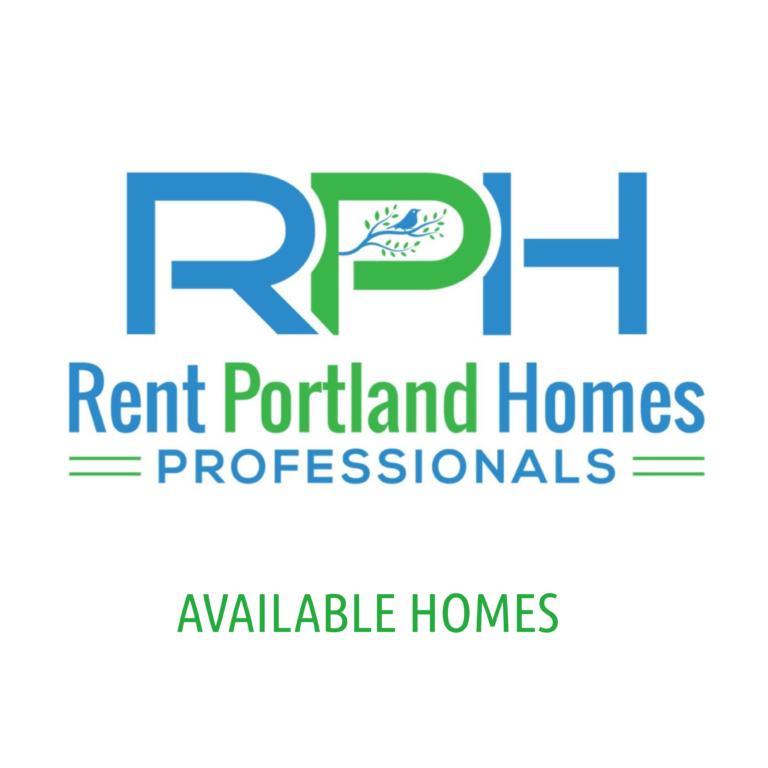Steps Owners Can Take To Avoid Going Through The Eviction Process

Eviction is something that no rental property owner wants to go through but the reality is that the longer someone owns a Portland Oregon rental property, it’s likely that they may have to go through the eviction process with one of their tenants.
Even though the media, movies, and television shows portray eviction as being simple and easy for landlords, the reality is that it’s very time-consuming and the total process can last up to 3 months, plus cost the landlord up to $3,000.
Thankfully, there are several things that landlords can do to avoid having to go through the eviction process with their tenant including the following
Tip #1 – Rental Property Tenant Screening
One of the best things that a landlord can do to avoid the eviction process is to establish and follow a tenant screening process.
Tenant screening is important because it gives a landlord the ability to investigate a potential tenant’s past including reviewing their work history, last known addresses, and personal references.
Before posting a listing on an online rental platform, think what qualities you’d like your prospective tenants to have. There are some key criteria that might help you understand if those people are worth your trust. Try to keep in mind the following tenant screening questions that will help you analyze the applications in a more deliberate way:
- Can the prospects afford to pay the rent?
- Are they punctual enough to pay on time?
- Is their job stable enough and will it allow them to pay regularly in the future?
- Will they be able to keep your property in good condition?
- Do they have an impeccable background without any criminal record?
Of course, 100% ideal people simply do not exist. However, if you find the answers to these questions before you actually rent out your properties, it might ensure a more successful and long-term rental.
Tip #2 – Keep Up With Rental Property Repairs
Another way that landlords can avoid going through the eviction process is to also focus on keeping up with repairs at the rental property.
Repairs are important because of the simple fact that no tenant wants to live in a property that’s rundown or looks like it’s not been maintained over the years.
By making repairs to the rental property, the landlord will show the tenant that they are more than just a revenue source them, and this will keep the tenant motivated to continue making the rent payments on time and taking care of the rental property as a whole.
Having a rental property maintenance checklist can help you stay on track as a landlord. These items are a good outline to keep in mind when it comes to taking care of your rental property:
Common Areas: If necessary, make sure you periodically check the common areas and outdoor spaces for cleanliness and proper lighting. Be sure to replace bulbs as necessary.
Smoke detectors: Similar to monitoring for light outages, as a landlord you need to ensure that smoke detectors and Co2 detectors are properly maintained. Set deadlines for yourself to test the batteries as needed.
Lawn Maintenance: Don’t let the yard get out of hand. By maintaining the landscaping and outdoor appearance of your property, you can preserve your curb appeal and reduce the potential for pest problems.
Monitor For Pests And Rodents: One of the worst things you can do as a property owner is to let a bug problem get out of hand. Make sure you are regularly spraying your property if necessary, and be sure to monitor the grounds for any potential pest problems.
Appliances: Make sure you stay on top of the condition of any shared appliances. This includes regularly cleaning out dryer vents and responding to any maintenance requests about appliances within a given unit.
Walkways: Ensure that your rental property remains accessible at all times. If you live in an area with heavy snow, this may mean getting your hands dirty and shoveling the sidewalks a few times a year.
Drive By: The best way to maintain your property is to keep an eye on it. We are not suggesting you spy on your tenants, but a monthly drive by or perimeter inspection can help you ensure everything is in tip top shape.
Tip #3 – Listen To Your Tenants
Last of all, but most important, another way to avoid having to go through eviction with your tenant is to listen to what your tenants are telling you..
This tip is especially helpful if your tenant is going through a hard time financially and is unable to pay their rent.
By keeping the communication door open with your tenant, you will have a thorough understanding of what they’re going through financially and potentially work out a payment arrangement so that you can collect some of the rent from them while they get their financial situation straightened out.
Let Tenants Know You’re Available
The first step in establishing good landlord-tenant communication is letting your tenants know you’re available to talk to them whenever they need you. By showing your willingness to stay in touch, tenants will feel more comfortable reaching out in the future. Establishing open communication from the beginning will save you time and money in the long run, since tenants will be more likely to keep you in the loop if there’s ever a problem.
Minimize Maintenance Visits
Though you may think that sending a repair person for every single maintenance request will satisfy your tenants, the best option is to enable them to take care of some small fixes on their own. Tenants will be glad to avoid the hassle of scheduling a repair visit, and you’ll save money in the long run.
Respond Quickly to Repair Requests
Anytime your tenants make a repair request, it’s vital that you respond promptly and politely if you want to maintain good communication lines. As we mentioned in the last point, the tenants might be able to make some quick repairs on their own, but they’ll still appreciate hearing back from you quickly. Send a professional repair person for more serious repair requests and emergencies, like flooding.
Establish Trust
If your tenant’s not communicating, it may be because you haven’t established enough trust. Show that you’re a trustworthy landlord by doing what you’ll say you’ll do, checking in regularly, and being honest. Your tenants will feel more comfortable reaching out to you when they know you’ll follow through and keep your word.
5. Give Tenants a Heads-Up
No tenant likes it when a handyman or contractor shows up unannounced or on short notice. Make sure you always give your tenants plenty of notice when it comes to repair appointments, showings, or other events that require you or someone else to enter their home. Try to work around their schedule and give a friendly reminder on the day of the appointment. Your tenants will appreciate the respect you’ve given them, and show the same respect in return.
Be Honest
Competitive rental markets can make it tempting for landlords to gloss over some of the less-than-desirable details about a property, but it’s best to be honest with tenants from the first interaction. This means you need to disclose everything a tenant should know about the condition of the property or the included amenities. Exaggerating certain aspects of the property will only cause distrust down the road.
Spread Good News
When it comes to learning how to talk to tenants, you might be focused on how to deliver bad news or deal with stressful situations. But these conversations will be much easier if you take time to emphasize positive things that are happening to the property. If you’re investing in upgrades like new carpet or fresh paint, make sure all of your tenants hear the good news.
Offer Multiple Communication Channels
If a tenant is not responding to the landlord, it may simply be because they prefer another mode of communication. You have many ways to get in touch with your tenants, so make sure you’re offering several options to get the best results out of your landlord-tenant relationships. SMS, email, phone calls, and letters are all a great way to stay in touch. Rather than guessing which communication style your tenants prefer, ask them outright when they first move in.
Keep Messages Simple
It can be easy to overthink your message to your tenants, especially if you have to be the bearer of bad news. But the most effective communication between landlord and tenant is usually short and simple. Don’t use complex phrases, big words, or run-on sentences. Keep your messages to-the-point and polite, and consider the medium you’re using. For example, email is better for longer, detailed messages, while text is best for quick or time-sensitive messages.
Contact Rent Portland Homes – Professionals
At Rent Portland Homes – Professionals, we specialize in full-service property management.
Our team can save you the time, money, and hassle of having a manager property yourself. To learn more about the property management services that we can offer you, contact us today by clicking here.








